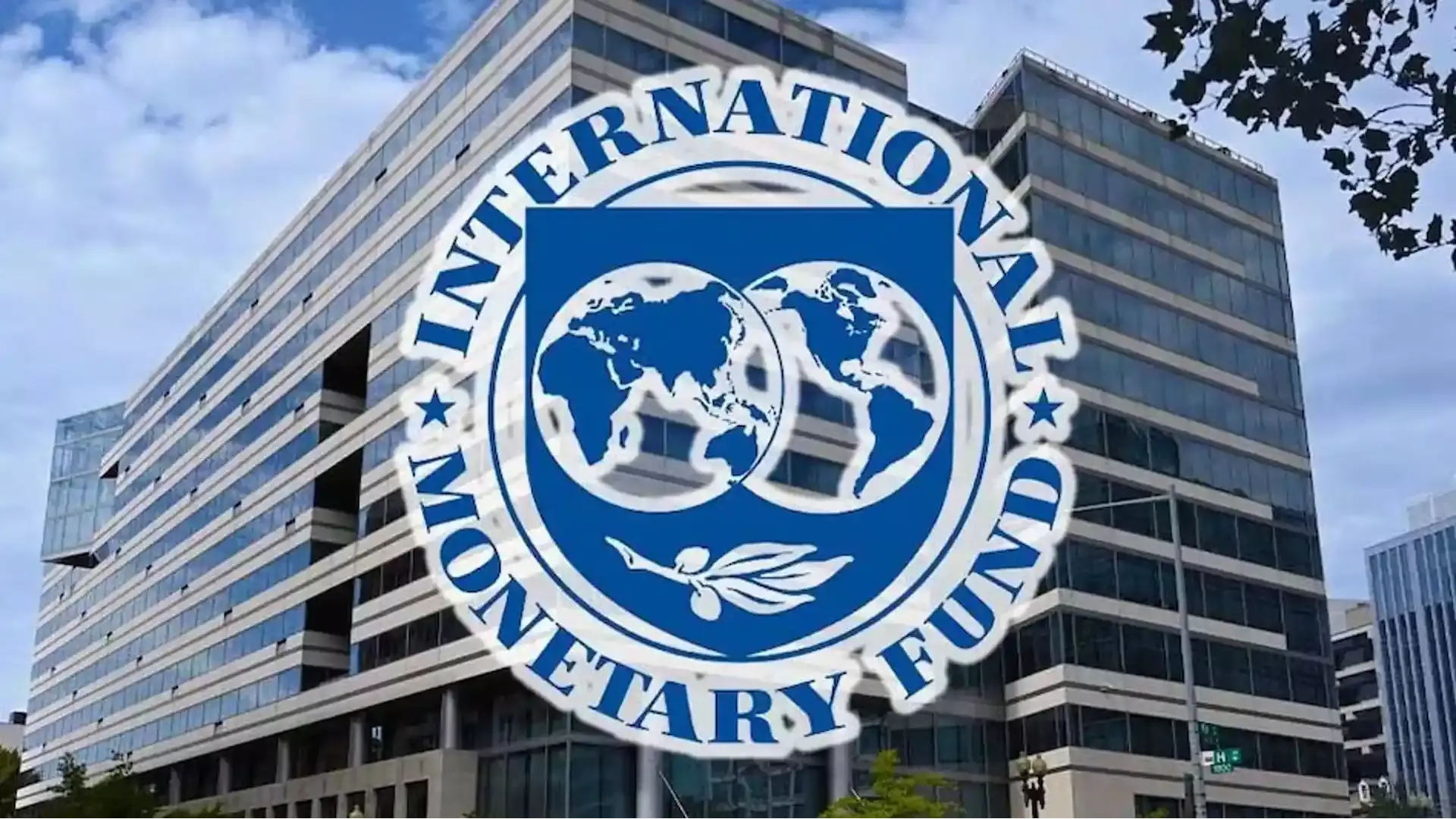Caribbean countries could benefit from new IMF initiative
CARIBBEAN Community (Caricom) countries could benefit from a decision by the International Monetary Fund (IMF) yesterday to approve a set of reforms to its concessional lending facilities and an associated funding strategy to preserve the financial institution’s ability to provide adequate support to low-income countries (LDCs) over the long term.
Caribbean countries have in the past complained of the policies by which concessional financial assistance might be extended to help their economies, proposing, for example, that consideration be given to having credit extended to countries which have already invested in green technology.
The Washington-based financial institution said the reforms follow the “2024 Review of the Poverty Reduction and Growth Trust (PRGT) Facilities and Financing—Reform Proposals,” even as it has significantly scaled-up support to its low-income members in response to the Covid-19 pandemic and subsequent major shocks.
It said the annual lending commitments have risen to an average of SDR 5.5 billion (one SDR=US$1.33 cents) since 2020, compared with about SDR 1.2 billion during the preceding decade.
(The SDR is an international reserve asset. The SDR is not a currency, but its value is based on a basket of five currencies—the US dollar, the euro, the Chinese renminbi, the Japanese yen, and the British pound sterling.)
The IMF said that outstanding PRGT credit has tripled since the pandemic’s onset, while funding costs at the SDR interest rate have risen sharply. As a result, the PRGT faces an acute funding shortfall, with its self-sustained lending capacity projected to decline, absent reforms, to about one billion SDR a year by 2027, well below expected demand.
The reforms approved by the IMF’s executive board aim at maintaining adequate financial support to LICs while restoring the self-sustainability of the PRGT.
The executive board endorsed a long-term annual lending envelope of SDR 2.7 billion (US$3.6 billion) and approved a package of policy reforms and resource mobilisation to support that lending capacity.





